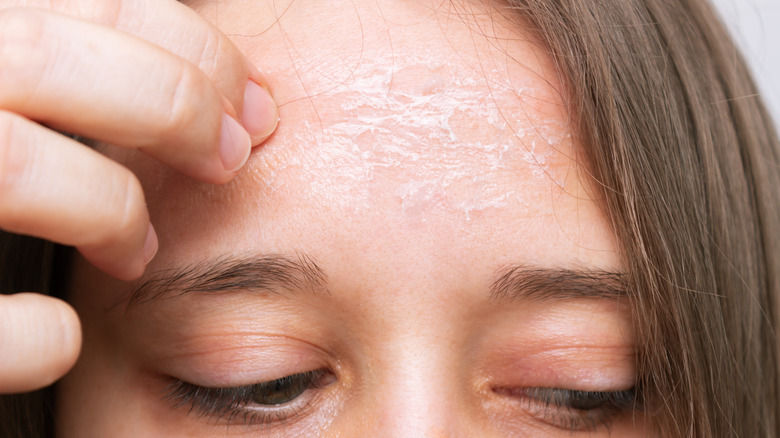Hair Loss Decoded: The Real Causes and Effective Solutions That Work
- MedWords Editorial

- Aug 10, 2025
- 2 min read

Hair loss can feel like a personal blow, impacting your confidence and how you see yourself. But it’s more common than you think, especially among men and women in their 20s and 30s. The truth is, hair shedding is a normal part of the growth cycle, but when it tips into noticeable thinning or balding, it’s time to understand what’s going on.
Before jumping to quick fixes, knowing the root causes helps you pick solutions that work. Let’s break down the science of hair loss and explore effective ways to fight back.
1. What Causes Hair Loss?
Genetics: The Big Player
The most common cause is androgenetic alopecia, aka male or female pattern baldness. It’s inherited and linked to sensitivity to hormones called androgens, which shrink hair follicles over time.
Hormonal Changes
Shifts in hormones due to stress, thyroid issues, or conditions like polycystic ovary syndrome (PCOS) can trigger hair thinning. Men can experience testosterone fluctuations that affect hair growth, too.
Nutritional Deficiencies
Lack of iron, vitamin D, zinc, or biotin can weaken hair. A poor diet or absorption issues may be silent culprits behind hair shedding.
Stress and Lifestyle
Chronic stress pushes the body into “survival mode,” often triggering telogen effluvium, a condition where more hairs than usual enter the shedding phase. Sleep deprivation, smoking, and excessive alcohol intake worsen the picture.
Hair Care Habits
Over-styling, harsh chemicals, tight hairstyles, and heat damage can all weaken strands and cause breakage.
2. Spotting the Signs Early
Noticing more hair in your shower drain, on your pillow, or thinning at the crown or temples? Early detection helps. Also, pay attention if your hair feels finer or grows more slowly.
If you see sudden or patchy hair loss, it’s best to consult a healthcare professional to rule out underlying conditions.
3. Effective Solutions That Work
Nutrition First
Eat a balanced diet rich in protein, healthy fats, and vitamins. Foods like eggs, nuts, spinach, and fatty fish support hair health. Consider supplements only after checking with a doctor.
Stress Management
Incorporate stress-relief routines like exercise, meditation, or hobbies. Better sleep also supports hair growth cycles.
Gentle Hair Care
Switch to mild shampoos, avoid daily washing, limit heat styling, and ditch tight hairstyles that pull on roots.
Medical Treatments
• Minoxidil: An FDA-approved topical that can slow hair loss and promote regrowth.
• Finasteride: A prescription pill for men that blocks hormones causing follicle shrinkage.
• Platelet-Rich Plasma (PRP): A cutting-edge therapy using your blood to stimulate growth.
Always consult a dermatologist before starting treatments.
4. The Role of Professional Help
Hair loss can be complex and sometimes requires a tailored approach. Dermatologists and trichologists can diagnose the cause, recommend tests, and create personalized plans. Early intervention yields better results.
5. Mindset Matters
Hair loss affects self-esteem, but remember it doesn’t define you. Embrace options that make you feel confident, whether that’s treatment, styling, or simply owning your look with pride.
Final Thoughts
Hair loss isn’t a lost cause. With the right knowledge and care, you can slow it down and encourage healthier growth. It’s about combining lifestyle changes, gentle habits, and, when needed, proven medical options.
Your hair journey is unique; treat it with patience, care, and realistic expectations.



Comments